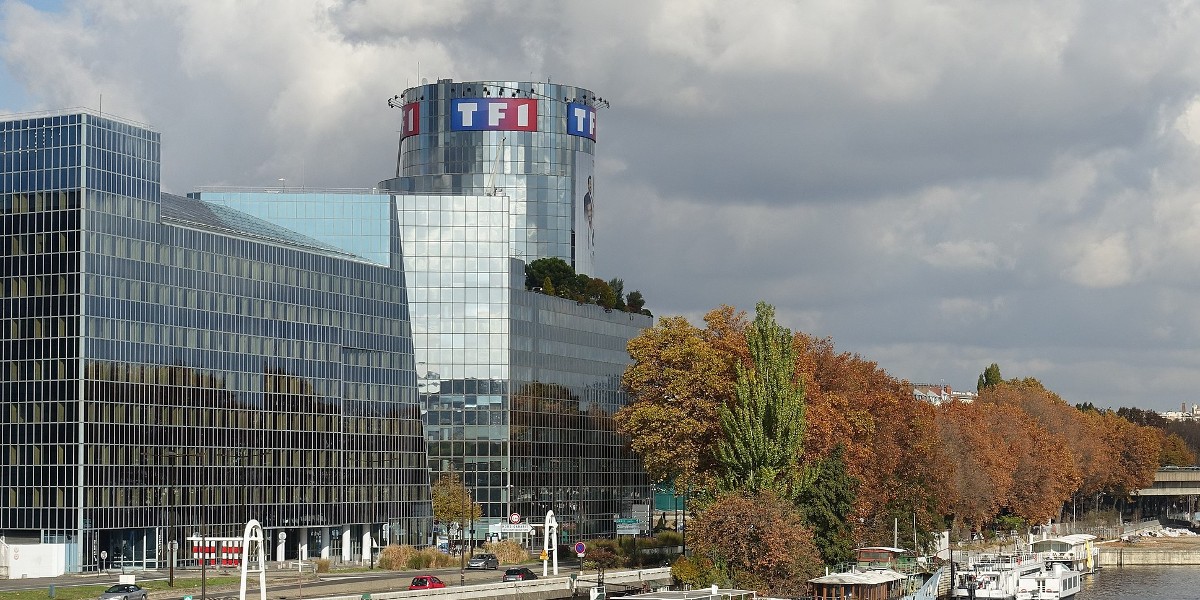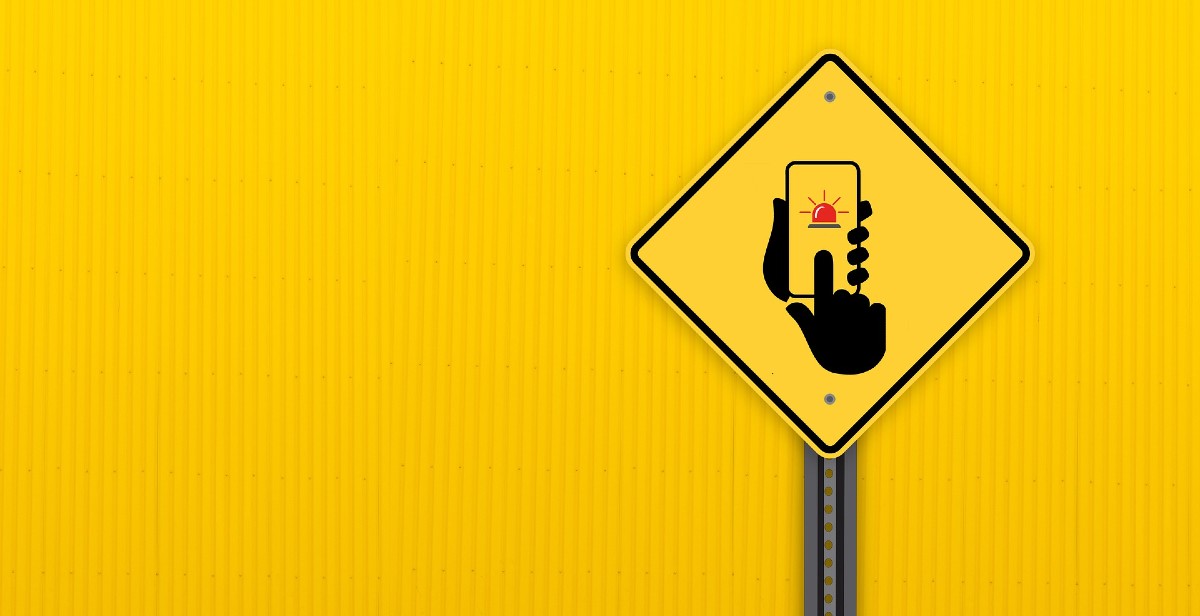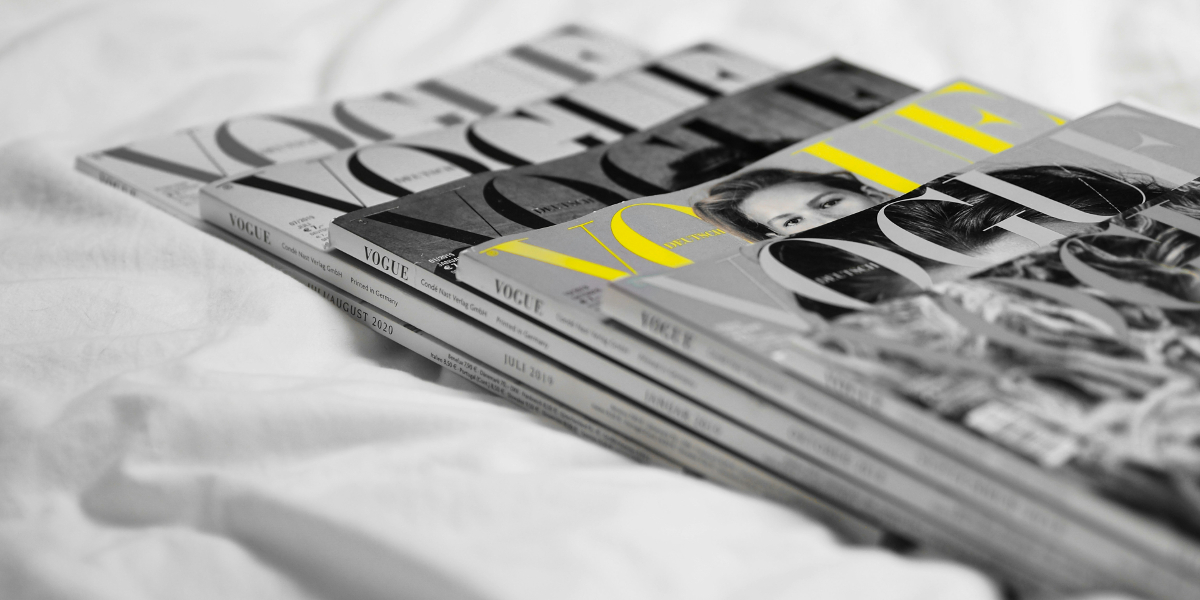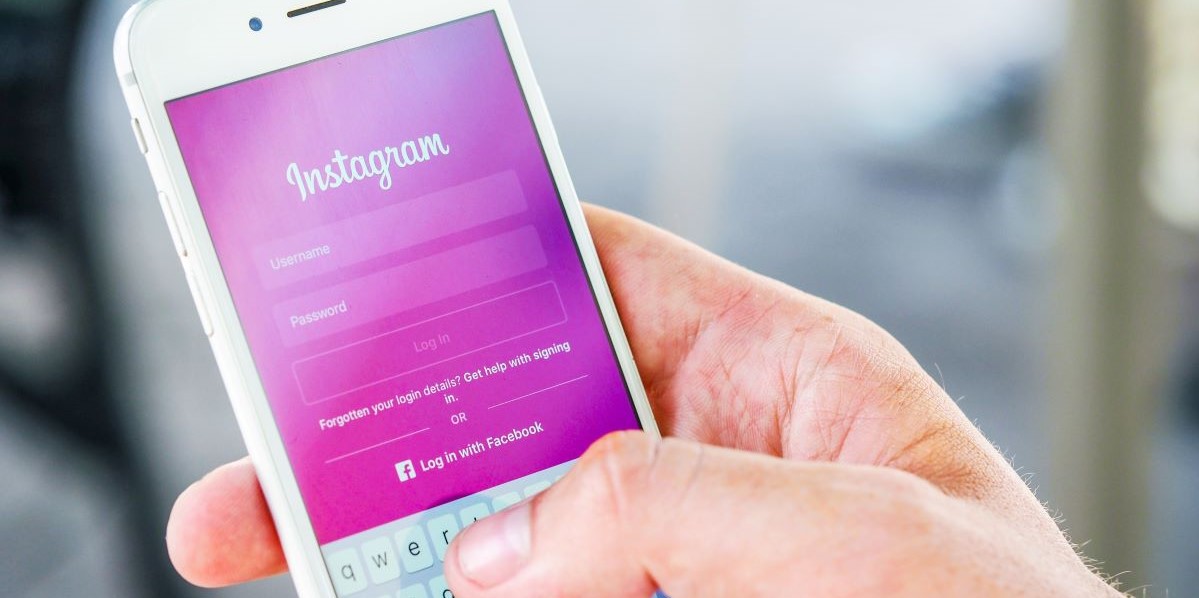 After a number of global brands boycotted advertising on Facebook this summer, media buying agencies are launching new initiatives to better hold social media platforms to account on a more long-term basis.
After a number of global brands boycotted advertising on Facebook this summer, media buying agencies are launching new initiatives to better hold social media platforms to account on a more long-term basis.
The Facebook boycott was primarily sparked by Facebook’s content moderation policies, specifically around hate speech. The social platform decided not to remove posts from US president Donald Trump which seemed to violate its policies against content which incites violence.
But many saw the incident as symptomatic of a wider problem with content moderation and brand safety on social media platforms. Some brands, including Coca-Cola and Ford, paused spending on all social platforms, not just Facebook.
And over the past few weeks, media agencies have been working on new initiatives to hold all social platforms to account for their content moderation policies.
Interpublic Group’s media buying arm IPG Mediabrands has begun a new quarterly ‘Media Responsibility Audit’ of social platforms. Earlier in the year, Mediabrands released a set of principles it expects social platforms to adhere to. And the audit is designed to measure how closely the social platforms are sticking to these principles.
These principles, which Mediabrands applies to all media companies rather than just social media, mostly cover content. The ten principles include ‘promote respect’, ‘protect people’, ‘diverse and representative’, ‘no misinformation/disinformation’ and ‘accountability’.
“The Mediabrands’ Media Responsibility Audit comes on the heels of the challenge to the industry to ensure we are all taking part in safeguarding the media channels that are used in advertising, and furthermore, making sure they do not result in or contribute to harm,” said Joshua Lowcock, global brand safety officer at Mediabrands.
Mediabrands has not explicitly threatened to pull spend from platforms which underperform on the audit. But the agency said the results will help inform decisions on where to invest clients’ money.
Omnicom Media Group has also launched a new initiative, the Council on Accountable Social Advertising. The Council is made up of OMG and several of its clients, including cleaning products maker Clorox.
OMG says the Council will lobby social platforms to do more to make sure brands’ ads don’t end up next to inappropriate content. As part of this, OMG will also push for progress on long-standing issues around intransparency and a lack of independent measurement available on social media. The agency has submitted specific proposals to the major social media companies, including greater control of ad placement and independent measurement of ad performance
Will the new efforts change anything?
Even before the Facebook boycott, there were a number of industry initiatives aimed at improving content standards on social platforms. The Global Alliance for Responsible Media (GARM) was perhaps the most prominent, involving media agencies from each of the ‘big five’ holding groups, as well as a number of global brands and media companies.
And more broadly, agencies and brands have been talking about the need for higher standards from social platforms for years. But Jake Dubbins, managing director of Media Bounty and co-chair of the Conscious Advertising Network, said these new initiatives demonstrate that agencies are genuinely changing.
“I think these initiatives are important, and it’s about the mood music as well,” he said. “All of us need to move the conversation away from just brand safety, and move the conversation towards looking at brands’ and agencies’ bigger impact on society. In that context, these initiatives are really good because they show that the status quo can’t continue.”
But will this increased pressure on social platforms actually make them change their behaviour? OMG says Facebook, Reddit, Snap, TikTok, Twitter and YouTube have all already agreed to most of its suggestions in principle, but it remains to be seen what actions they actually take.
Interestingly, the results of Mediabrands first Media Responsibility Audit suggests that pressure from advertisers and agencies does have a significant impact. YouTube was the top ranking social platform overall. And Mediabrands said this is because YouTube’s brand safety crises over the past few years, and the resulting backlash from advertisers, has forced it to up its game.
And CAN’s Dubbins said that the Facebook boycott has given these agency initiatives extra weight. “There is now an implicit consequence, because money has moved out of Facebook for a period of time,” he said. “Whether it’s articulated in these policies or not, that threat of ad spend being paused is now on the table.”
And he added that the involvement of brands in OMG’s Council is important. “Ultimately, it’s the brands who spend the money which funds these platforms,” he said. “So I’m really encouraged by the fact that brands are involved in the OMG initiative, and if brands are insisting on higher standards from media companies across the board, that’s a really good sign.”




